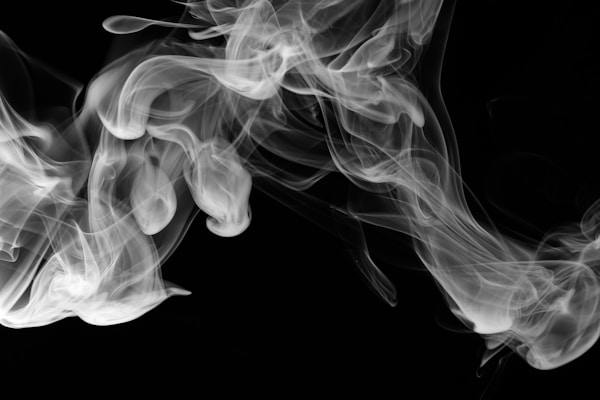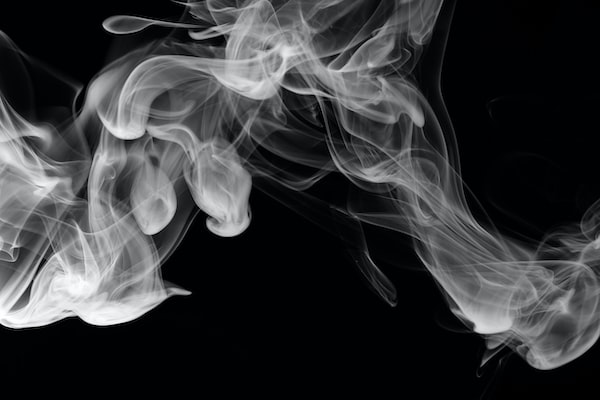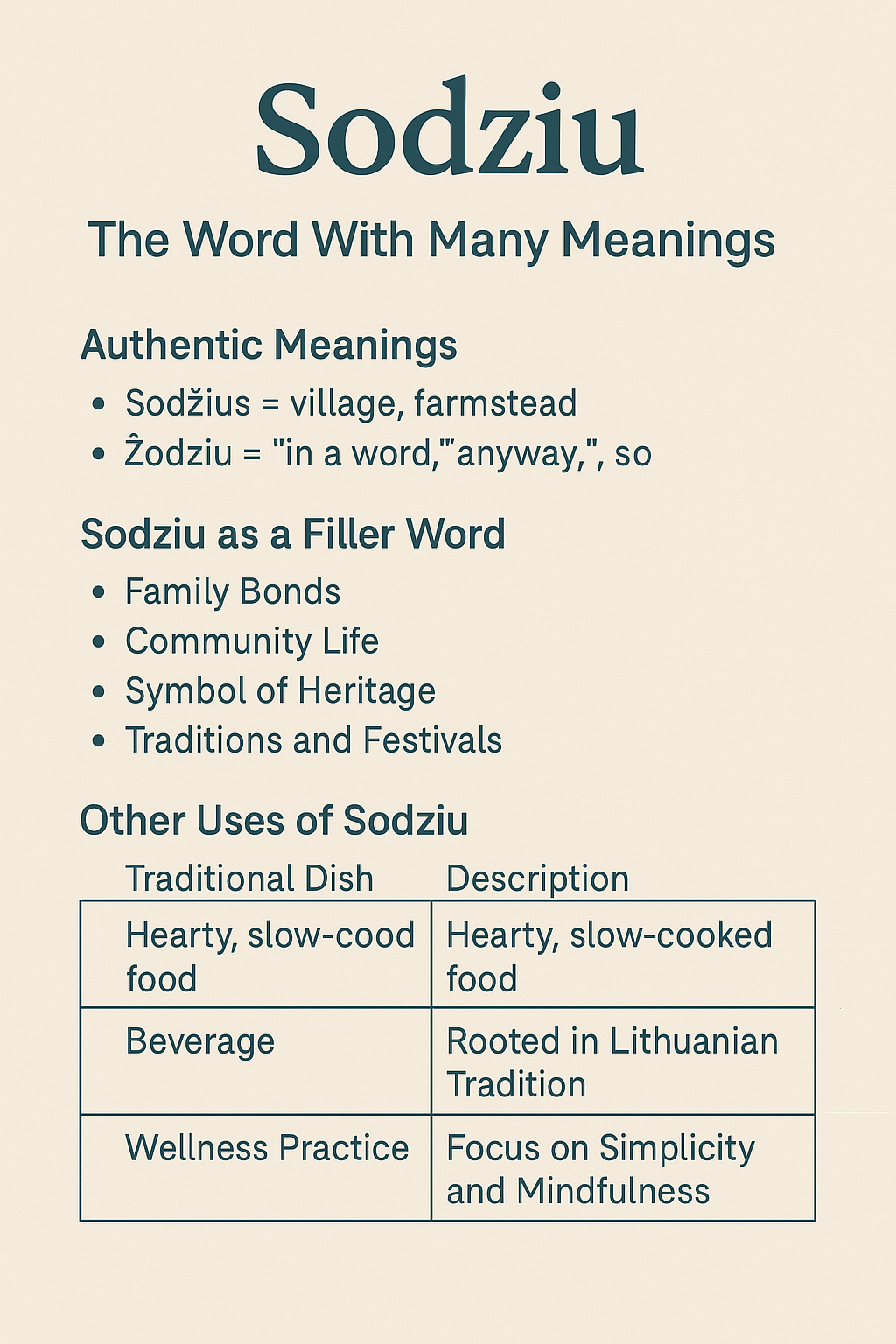Do you smell something strange coming from your air conditioner? It could be a sign of a larger problem, but there are many potential causes of strange smells coming from your AC. Some of the most common causes could include mold, mildew, burnt wires, or a failing compressor. Keep reading to learn more about the potential causes of strange smells coming from your AC.
Burning Smell

An AC blowing burning smell can be a cause for concern, as it is usually indicative of something not functioning properly within the system. This could be the result of a variety of issues, ranging from electrical components, such as wiring or the fan motor, to mechanical components, such as the compressor or the blower fan. In addition, it is possible that dust, debris, and other contaminants have accumulated in the air conditioning unit over time and are now burning off. In any case, it is important to have a professional inspect the unit to determine the exact cause of the smell and address the issue.
The first step to addressing the burning smell is to check the wiring in the unit. If there is any visible damage to the wiring, it is essential to have it repaired or replaced immediately in order to avoid an electrical fire. It is also important to check the fan motor, as it could be overheating due to a lack of lubrication or a buildup of dust and debris. The blower fan should also be checked for any signs of damage or worn-out parts, as this could also cause the unit to overheat and emit a burning smell.
Finally, the compressor should be inspected for any signs of damage or wear and tear. The compressor is responsible for pressurizing the refrigerant, and if it is not functioning properly, it can cause the unit to overheat and create a burning smell.
Rotten Smell
While a rotten smell coming from your air vents is usually not dangerous, it can create an unpleasant environment. If you’ve noticed a rotten smell coming from one of your air conditioning vents, it could be because an animal has made its way into your system and died or left waste behind. As a result, you’ll want to take immediate action to prevent the smell from permeating your entire home.
The first step is to shut off your AC system. This will stop the smell from circulating in your house, but it will also mean that you won’t be able to use the AC until the problem is resolved. Opening your windows will help ventilate your house and get rid of the smell. In order to remedy the issue, you’ll want to call your AC company. They will be able to do a thorough inspection of your ducts and clean them if necessary. This will get rid of any animal waste or dead animals that may be stuck in your system, as well as any other debris that may be impeding airflow.
Musty Smell

Musty smells are one of the most common smells coming from air conditioners. The growth of mold, mildew, and other fungi in the HVAC system causes this type of smell. Specific areas of concern include the evaporator coil, condensate pan, and drains. The damp, dark environment of the air conditioner provides the perfect breeding ground for these organisms. A musty smell is usually the result of an accumulation of condensation in these areas, which in turn leads to the development of mold and mildew. A thorough cleaning and annual seasonal maintenance can help prevent this type of smell.
Additionally, a musty smell from the air conditioner can also be the result of a clogged or dirty air filter. A dirty air filter prevents air from flowing freely through the air conditioner and can also allow contaminants to circulate through your home, creating a musty smell. In order to prevent musty smells from occurring, it is important to check and replace the air filter at least every three months. A clean air filter can also ensure quality indoor air.
Potential causes of strange smells coming from an AC system can range from something as simple as a dirty filter to more serious issues such as electrical problems. It is important to identify the source of the smell and take proper steps to address it in order to avoid further complications and damage to the system.








